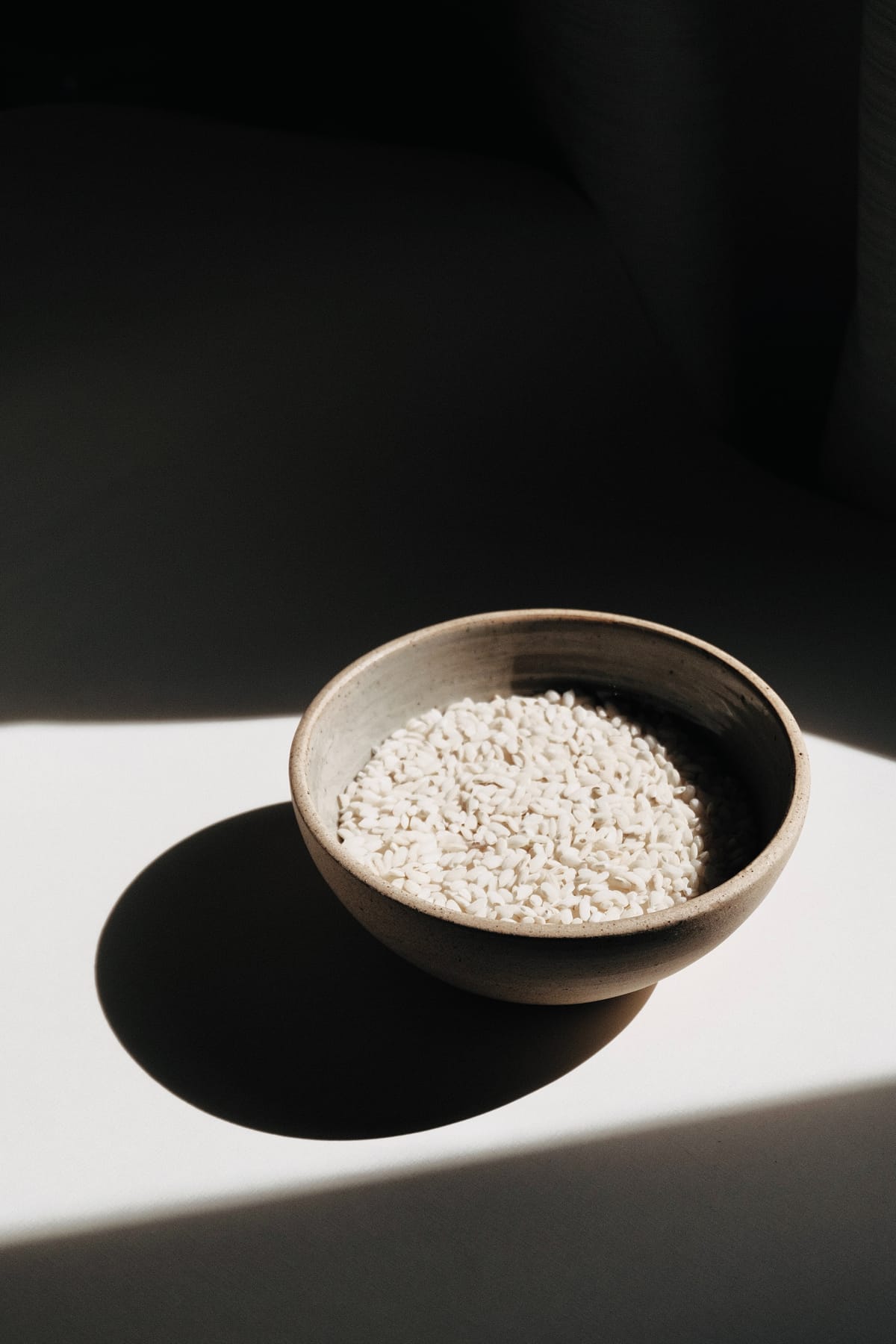Eat Every Grain of Rice
Enjoy the Taste of Hometown

Perhaps my nonchalance to having nice meals originates from my childhood, thanks to those uncomfortable memories bestowed by my grandpa. I can well remember how serious he would become every time he discovered me having any left-over food in my bowl. It was like, all of a sudden, all the kindness that always surrounds him would disappear; indeed, if the left-over were rice, even when there were merely one or two grains left, he would ask me to go back and finish them, regardless of how much I resisted. Just imagine every meal, there is somebody to observe you, or rather, stare at your bowl at all times! But those were not the deepest memories. If there were any grain that was accidentally dropped to the floor, no matter who dropped it, my grandpa would quickly pick it up and put it into his mouth when the family members were not paying attention—just to clarify, we’re not poor at all.
There is a long story behind the rice. My grandpa’s generation experienced the dark period when China was being invaded by Japan, and later the Great Leap Forward. It was the time when the horrendous famine took away tens of millions of lives. There was only one bowl of rice for a whole village per day. Lots of people died. My grandpa survived by eating leaves and grass. At that time, all that he dreamed of was a plain bowl of rice. Later, I got a chance to visit the village where my grandpa grew up. There, crops were not just food but God. People pay tribute to crops when kids are born. People sleep with crops forever underneath the earth after they pass away. They said those crops were the souls of our ancestors. They said if the crops survived, no matter how much difficulty they faced, they knew they could survive.
There is something divine deeply rooted in my grandpa’s heart. Mine, too.
Though I’m not so enthusiastic about food, I missed the rice I eat back home so much. Somehow, I managed to buy a bag of rice imported from Heilongjiang Province. I enjoyed that familiar taste, the familiar taste from my homeland, which I have left for exactly one month now. It brings me the feeling and the memory, somehow distant ago across thousands of years, of people working on the field, singing the farming songs. They enjoyed the same taste of rice as I do today. Whenever I eat the rice, we unite.
I have invited many of my friends to have meals with me, with the hidden reason—to share the taste of my homeland. Many of us are international students traveling thousands of miles away from home to pursue our dreams. Maybe we’ll be in a foreign land for decades, and who knows where we’ll be for years to come? But no matter where we are, we should not forget where we are from. That is why this is the rule if you come to have meals with me: eat every grain of rice.
I wrote a poem months ago after visiting some villages. Many families there had to let their children flee abroad because of war and famine decades ago. They have lost all contact since then. Thinking of the hometown, I want to share the poem here. It’s about China Town, a place buried with memories.
China Town
You bid farewell to your parents with bitterness
Farewell to the hometown where you’re grown
Take the compass and set foot on the boat,
Sailing into the distance in the flames of war
——Who knows what destinations you’ll head on to?
Walked into the dilapidated village,
I caught a glimpse of an old man in the corner
Putting a stick of incense in front of a yellowed portrait
Praying silently to heaven
May the best wishes be with his beloved child
The lantern hangs high, the dragon dances and flies,
But this is no longer the hometown
You say, wherever you go, wherever you root
But in the quiet night,
Who is trembling by the window,
Shedding tears but unable to cry
Who is sitting silently by the lake,
Raising the head from time to time,
Hoping to see him back again?
The vicissitudes of the years,
Took away the magnificent palaces,
Took away the immortal kings
Yet the moonlight
Shall forever shine
On your face
And on the land of your hometown









